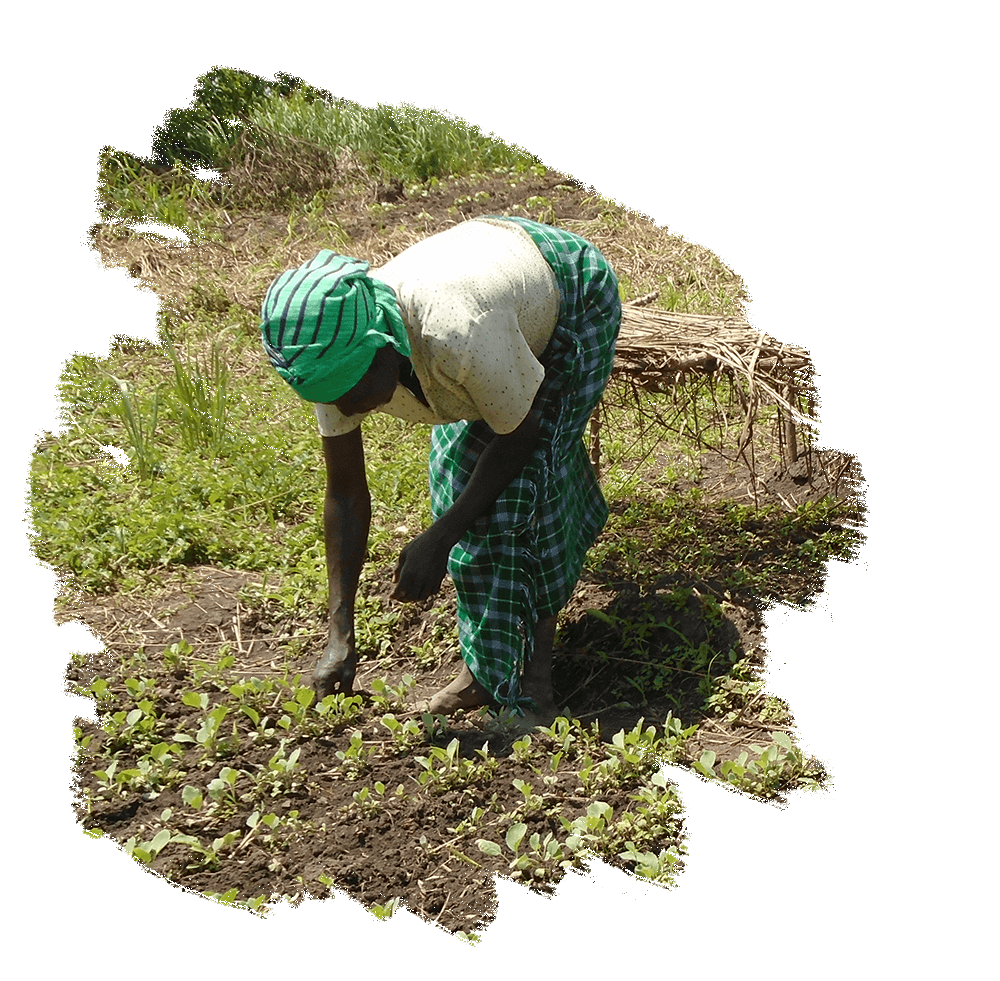We stand for gender equality and the recognition of the rights of all marginalized and vulnerable peoples of the Acholi region in Uganda.

GWED-G stands for Gulu Women Economic Development & Globalization
We were founded in 2004 by grassroots women who suffered the devastating impacts of two decades of war in Northern Uganda. During the war, women's rights were violated and children were forcefully abducted by the Lord's Resistance Army (LRA). For over 23 year, LRA terrorized the region, torturing the population and forcing over 1.6 million Ugandans to evacuate their ancestral lands and relocate to internally displaced persons (IDP) camps. This had a profound effect on the culture, education, health, and livelihood possibilities in the region.
GWED-G is committed to working with women, youth, child mothers, PWD's, orphans and vulnerable children, men, and community leaders to promote the rights of women and vulnerable populations and their participation in the peace building process in war-affected Northern Uganda.
We support innovative and groundbreaking initiatives in communities to encourage social change. GWED-G was the first women’s organization to provide training projects for rural human rights volunteers for women’s groups in Gulu and Amuru Districts. We also established the first women’s structures in more than 7 IDP camps in Gulu called Grassroots Women’s Groups who were trained as peace mentors and agents of change within their own communities.
The main focus of GWED-G’s work is on peace building and amplifying respect for the human rights of women and other marginalized peoples. This includes integrating war returnees into our programming for people who were forced to be involved in war (e.g., child soldiers) and those who have returned to their local communities after displacement.
Our work covers all aspects of human rights like promoting gender equality, food security, shelter, health and education, and women's active participation in leadership and transitional justice. Violence against women was one of the main concerns in the IDP camps and it has continues to plague the northern region at extremely high levels. Poverty, land rights and other economic, social and cultural rights are major concerns in the return and reconstruction process, while monitoring, documenting and reporting violations of civil and political right cannot be neglected. Many youth have turned to risky behaviors as a way of life because of the cultural breakdown and lack of knowledge on tradition that have resulted from decades in the camps.
Since our inception, GWED-G has grown to implement short- and long-term sustainable development programs aligned with Human Rights, Health, Peace Building, Economic and Social Empowerment, Psychosocial Support, Research, and Advocacy.
In the past, we have received funding from Amnesty International, Care International, the American Refugee Council (ARC), Independent Development Fund (IDF), and many others. We welcome partnerships both locally and internationally, and we are currently collaborating with groups such as the Northern Uganda Human Rights Coalition and Columbia University. In the last 15 years, GWED-G has worked with over 200,000 women, men, youth, local leaders, government officials, and international organizations to promote peace and development in our communities.


